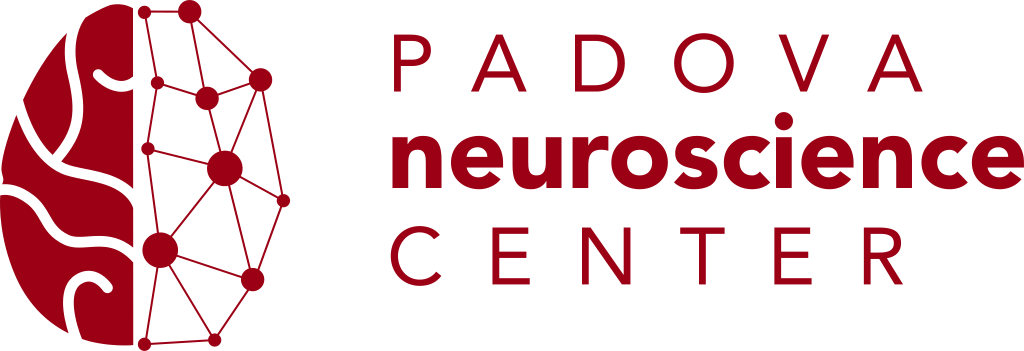by Dr. Lorenzo Pini, Department of Neurosciences, University of Padova
When: March 28, 2024, at 3:00 pm
Where: Sala Seminari VIMM (Fondazione per la Ricerca Biomedica Avanzata Onlus, Via Orus 2, Padova)
Abstract: At rest, our brain never rests. Even in the absence of external input, the brain continues to engage in a variety of intrinsic processes. Several tools can be used to assess this never ending activity, such as resting state functional magnetic resonance imaging (rsfMRI). Although vascular in nature, rsfMRI is considered a reliable proxy of the neural activity allowing to unravel the functional organization of the brain, consisting of a hierarchical structure organized into polyfunctional neural networks. This configuration has been termed the “functional connectome”. On the other hand, diffusion-weighted imaging (DWI) can be used to infer distal and local structural connections between brain regions (the structural connectome), complementing the functional connectome. Recent theories state that this functional and structural scaffold may represent the foundation of cognitive abilities. Brain conditions affecting neural health impact the connectome. Breakdown of connectivity can predict cognitive deficits in a broad range of psychiatric and neurological diseases, reinforcing the assumption that the connectome is a fundamental characteristic of cognitive processes. In this seminar we will discuss the relationship between brain structural functional connections with behavior in several neurological diseases, such as proteinopathies, stroke and brain tumors. By examining how the connectome and several pathophysiological mechanisms interact we can gain valuable insights into the underlying processes that support cognitive abilities. Furthermore, by identifying novel biomarkers through rsfMRI and DWI, we can improve the management and diagnosis of brain disorders, ultimately leading to better treatment outcomes for patients.


